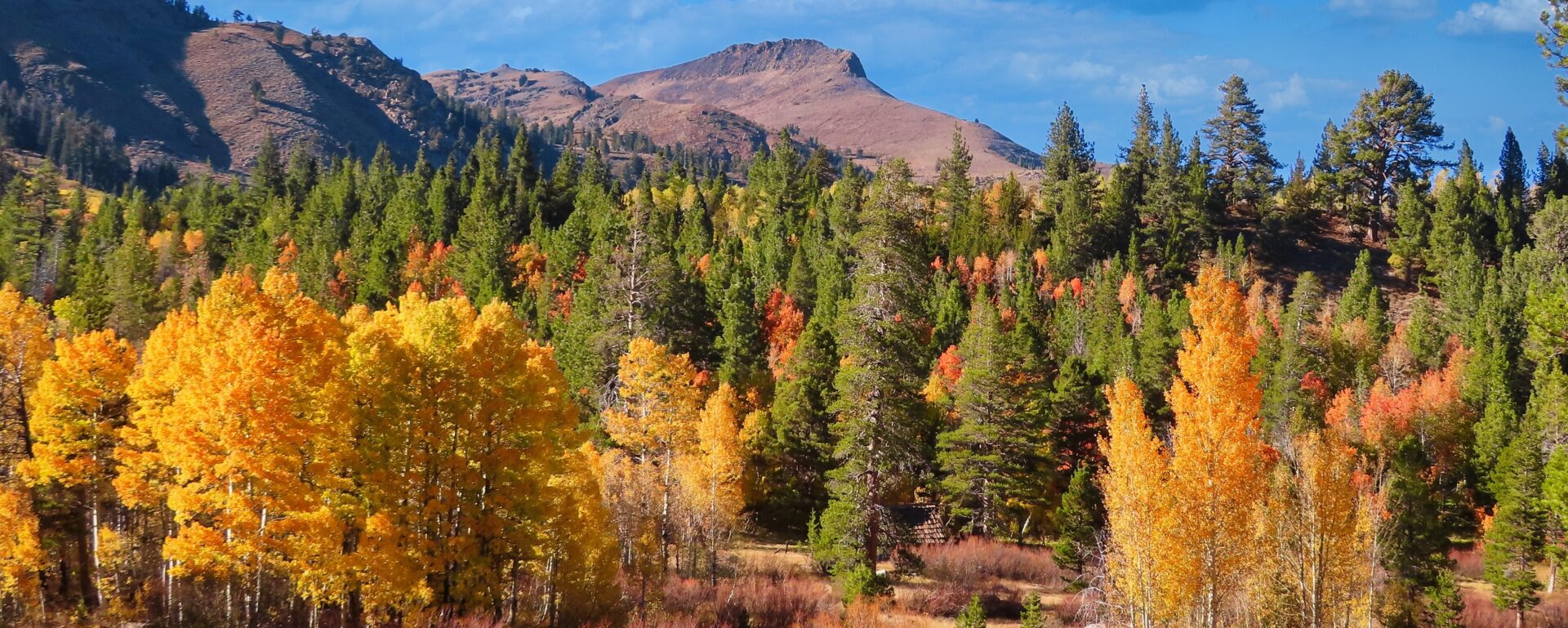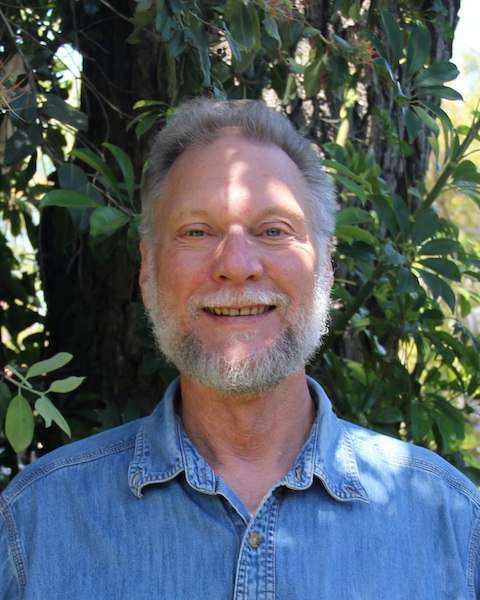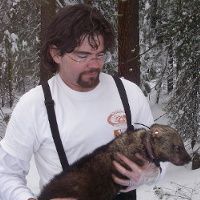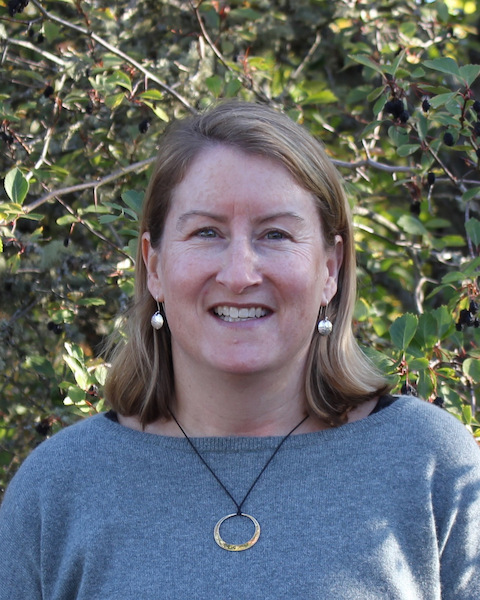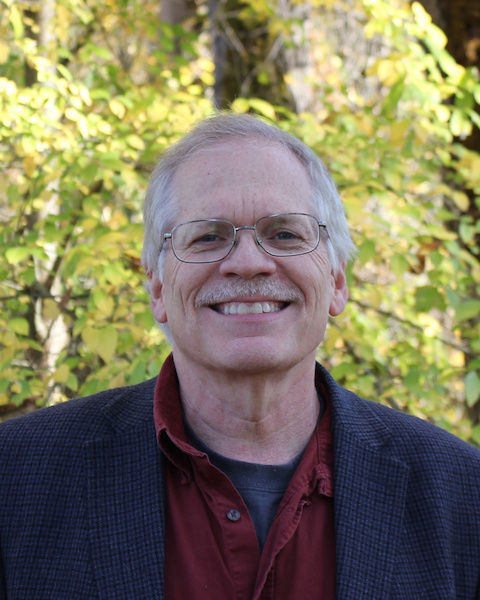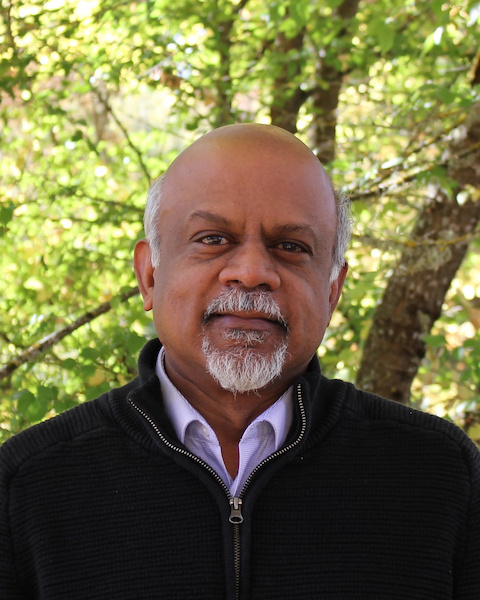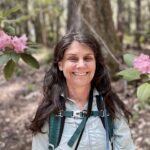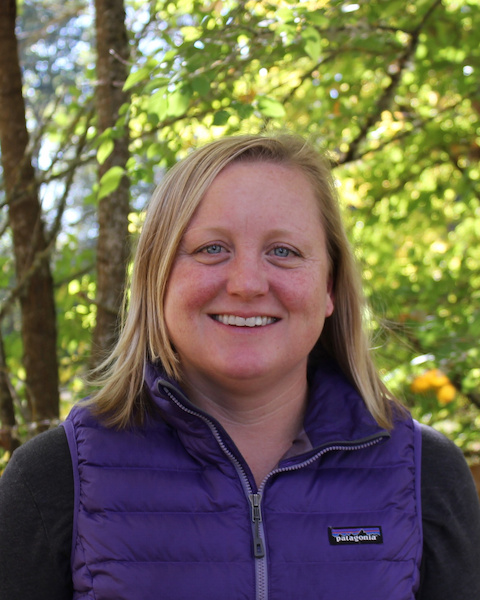CBI has been awarded a grant from the California Forest Health Research Program (CAL FIRE) to develop and apply a decision-support system for resilient forest management in the Sierra Nevada with diverse partners.
CBI will develop and apply a forest management decision-support system (DSS) for forest resilience planning in the southern Sierra Nevada that integrates the latest science on how vegetation, terrain, climate, and weather interact to influence fire risks and forest resilience. The interdisciplinary team led by CBI includes ecological modelers, forest ecologists, fire scientists, physicists, and statisticians. The core of the DSS will be a Forest Resilience Model built using EEMS (Ecosystem Evaluation Modeling System; Sheehan and Gough 2016). The DSS will be tested, refined, and applied to resilience planning in that portion of the modeling region of greatest concern to the interagency Sequoia Regional Partnership, which is working to restore ecologically resilient conditions in and near Sequoia National Forest and Sequoia-Kings Canyon National Park.
The resilience model evaluates forest resilience to fire, drought, and other factors based on landscape conditions. The DSS will allow managers to simulate fuel-reduction treatments, evaluate their effects on a range of risks and resources (e.g., fire, sequoias, fisher habitat), project the impacts into the future, and assess levels of uncertainty. The DSS and component models will help managers understand how, in concert with terrain and weather, vegetation structure influences fire behavior and forest resilience. Importantly, the DSS will for the first time consider how fire-atmosphere coupling affects fire in models to support forest planning. This will apply how vegetation structure influences fire via both fuel arrangements and air flows, and thus more accurately reflect the full picture of how vegetation treatments may affect fire and fire effects on the landscape.
The DSS will be further refined and applied to resilience planning by the Sequoia Regional Partnership, whose primary focus is reducing fire risks to giant sequoia groves, fishers, and human communities.
External Team members include: Joe Werne (NorthWest Research Associates NWRA), Christopher Wikle (Department of Statistics, University of Missouri) and David Marvin (SALO Science).
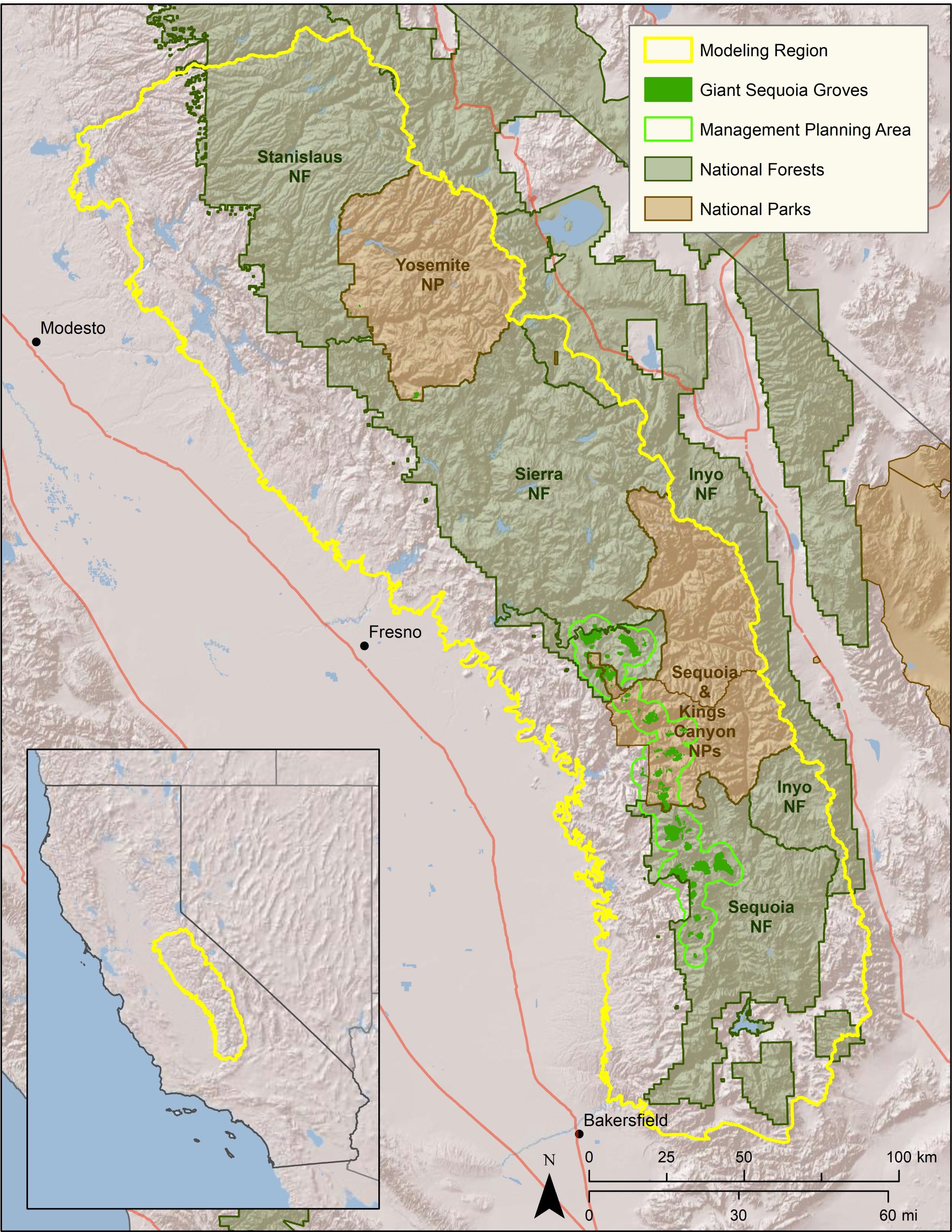 Map of project study area.
Map of project study area.
